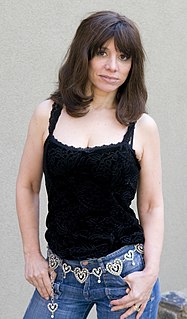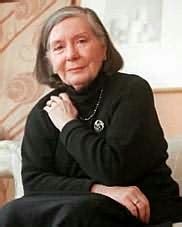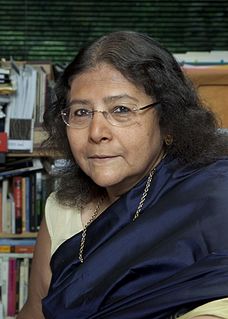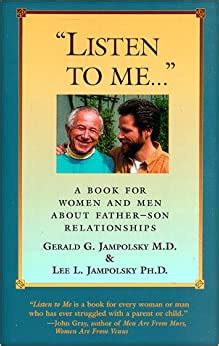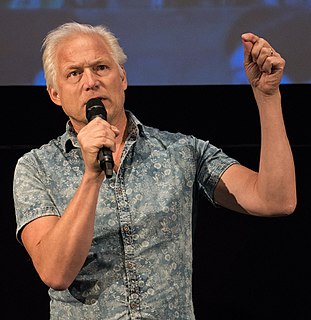A Quote by Tan Cheng Bock
To be a unifying person, I think first you must have acceptance.
Related Quotes
If you have a person enslaved, the first thing you must do is to convince yourself that the person is subhuman. And won't mind the enslavement. The second thing you must do is convince your allies that the person is subhuman so that you have some support. But the third and the unkindest cut of all is to convince that person that he, she, is not quite a first class citizen.
The stigmatized individual is asked to act so as to imply neither that his burden is heavy nor that bearing it has made him different from us; at the same time he must keep himself at that remove from us which assures our painlessly being able to confirm this belief about him. Put differently, he is advised to reciprocate naturally with an acceptance of himself and us, an acceptance of him that we have not quite extended to him in the first place. A PHANTOM ACCEPTANCE is thus allowed to provide the base for a PHANTOM NORMALCY.
To hold in the mind forever two ideas which seemed to be in opposition. The first . . . acceptance totally without rancor, of life as it is, and men as they are [;] . . . the second . . . that one must never, in one's life, accept . . . injustices as commonplace but must fight them with all one's strength.
I got into film in an odd way - when I was 17 years old I participated in a Swedish film as an actor. I think every person at that age should get a role in a film, because during that time you want acceptance, and when you have a role in a film you become an important person. I think about that now, and that was my fantastic starting point.


